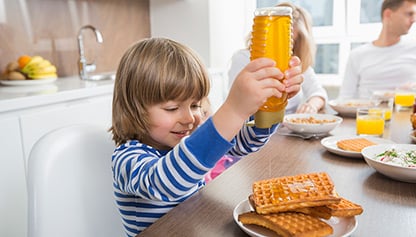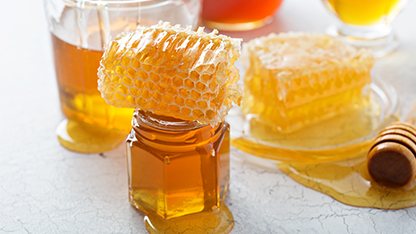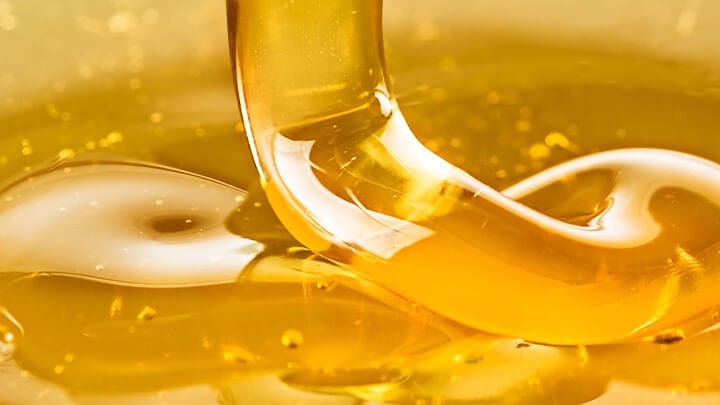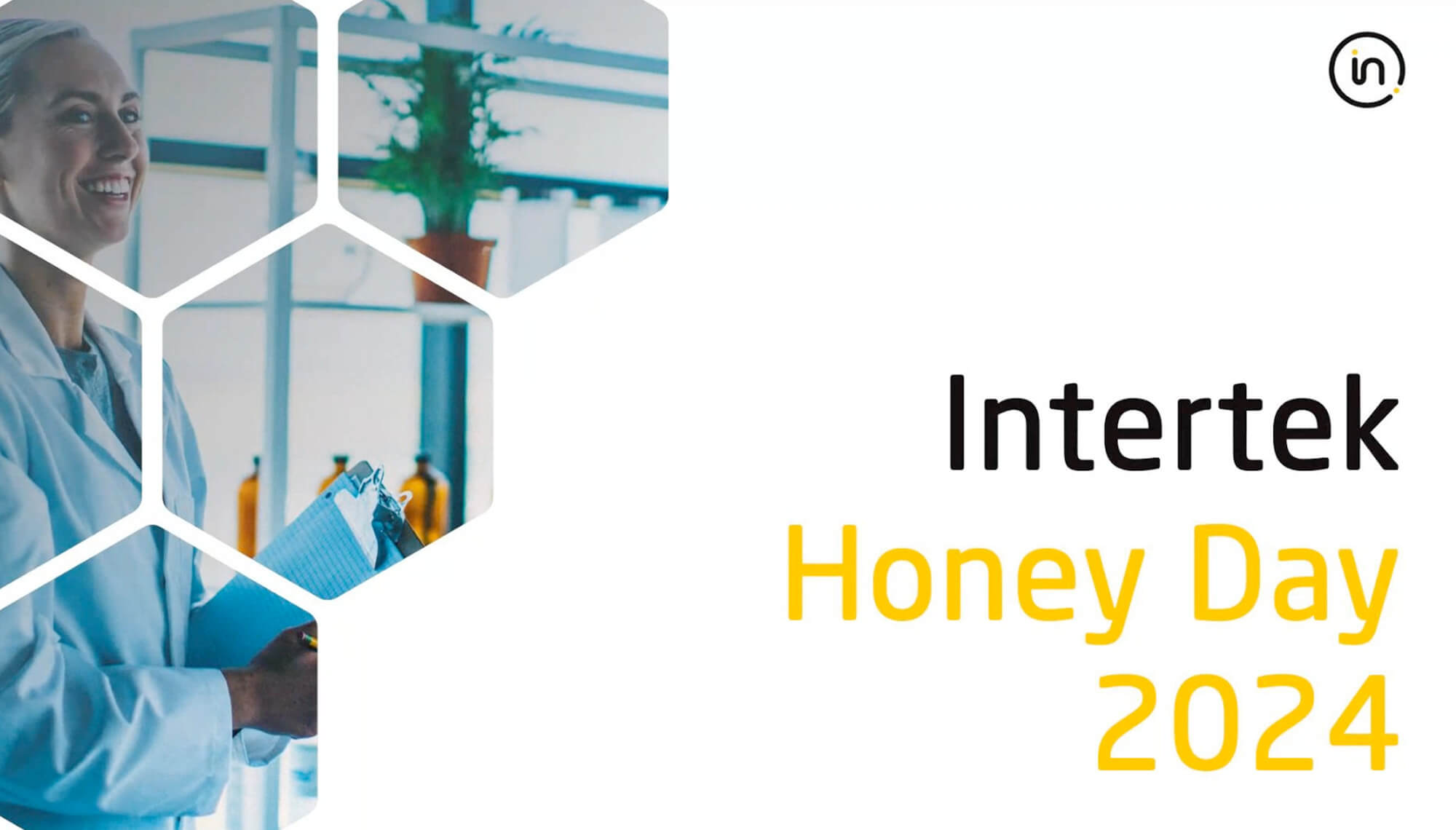Bee products including propolis, royal jelly, pollen and beeswax are natural products with a highly variable composition so manufacturers need an effective control strategy in place for risk based monitoring.
In contrast to honey, there are currently no specific regulations in place for bees products such as propolis, royal jelly, pollen and beeswax. Therefore, their assessment is based on general legal requirements as well as on relevant scientific literature. In addition to authenticity testing, high quality bee products should be tested for common parameters and residues. Bee products have to be free of any antibiotic residues derived from beekeeping practices and from contaminants caused by pollution.
Intertek offers a high level of expertise in the analysis of bee products and is proud to provide customers with a comprehensive testing services portfolio.
As a natural bee product, propolis varies greatly in its composition depending on its geographical and botanical origin. Propolis is rich in secondary plant substances like polyphenols (for example phenolic acids and flavonoids) that are responsible for its biological activity. Furthermore, raw propolis is known to accumulate considerable amounts of pesticides as well as heavy metals.
Intertek offers various analyses for both raw propolis and products associated with propolis, for example dry extracts and alcoholic liquid extracts.
Royal jelly is well known for its content of 10-Hydroxy-2-decenoic acid (10-HDA), which is a bio-active compound and one of the major quality parameters for royal jelly. Like other bee products, royal jelly has to be free of antibiotic residues and has to comply with the relevant scientific literature.
Intertek offers a wide range of tests in order to assure the quality of this bee product, including analyses mentioned in the current ISO standard on royal jelly specifications.
Due to the wide variety of pollen, the common quality criteria like moisture, protein and ash vary considerably. Authenticity testing of pollen is usually performed by microscopy in order to verify the botanical and geographical origin.
Intertek also provides the testing of pollen on residues of antibiotics and pesticides as well as contaminants including pyrrolizidine alkaloids.
As beeswax is often subject to adulteration, its main quality and authenticity should generally be verified. In particular, the total hydrocarbon content as well as the drop point and the so-called key figures for beeswax, are typical analysis parameters for this purpose. Due to their physicochemical properties, fat-soluble residues of pesticides and antibiotics can accumulate in beeswax. Furthermore, the specification of Regulation (EU) No 231/2012 have to be considered if beeswax is to be used as a food additive.
The experts at Intertek can assist with all your beeswax analysis requirements.
Latest News

03 Jun 2024
Are you ready for the updated EU Breakfast Directives?
Understanding the upcoming requirements for honey, jam, fruit juices, and dried milk sold in the European Union.
18 Aug 2023
World Honeybee Day: Raising Awareness about the Importance of Honeybees
Understanding the significance of honeybees in ecosystems, their role in the maintenance of global food security, and current risks to their populations
27 Jun 2023
Five key takeaways from the EU ‘From the Hives’ report
An expert view from an Intertek honey authenticity scientist



